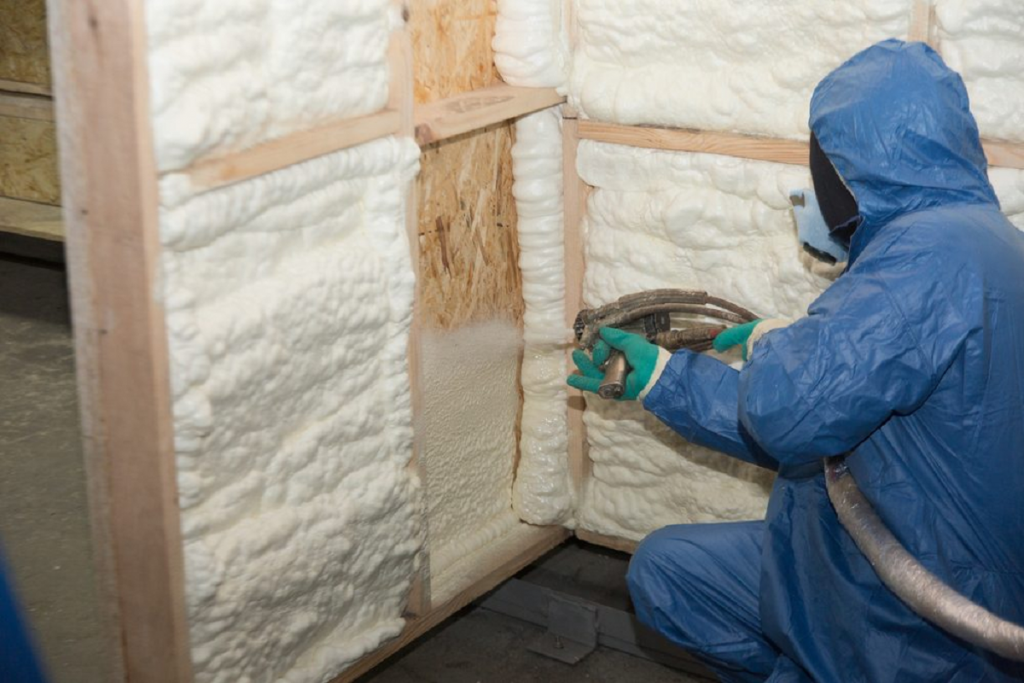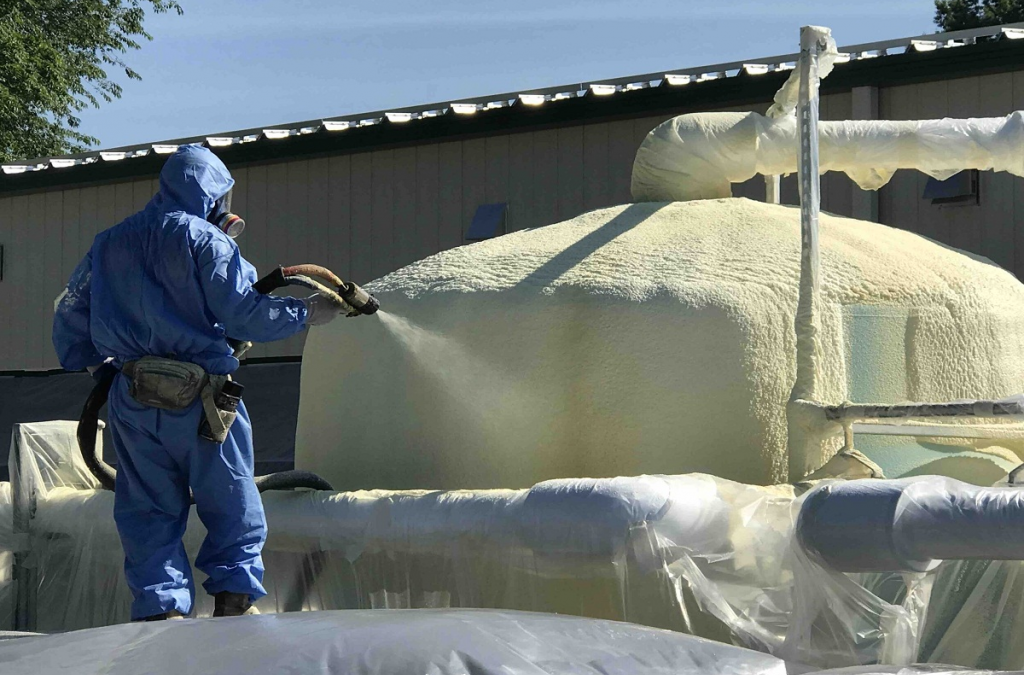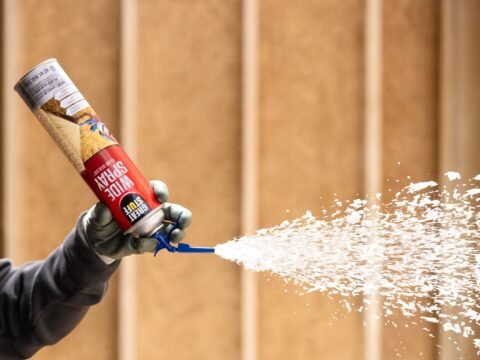
Is Spray Foam Insulating a Crawl Space in 2022 Affordable?
February 3, 2022
Health Benefits of Home Insulation Upgrades
February 10, 2022The versatility of spray foam as an insulator goes beyond new Ottawa construction homes, commercial buildings, or even new homes. Tanks made from spray foam for insulation can also enhance the storage environment of perishable goods.
What Is the Reason Spray Foam Tank Insulation Is Required?
Processes that involve perishable goods require holding tanks to store them for a short period or long-term confinement. The only way to ensure holding tanks are safe and cost-effective is to prevent spoilage.
Generally, storage tanks take up significant amounts of space outside in areas exposed to rain, snow, and wind. The traditional insulation allows moisture to seep into the tanks, which can corrode the material of the tank and reduce its effectiveness.
Spray foam tanks for insulation have become more common across various industries, including food and beverage, to prevent spoilage and maintain the integrity of containers.
The Advantages of Spray Foam Tanks for Insulation
Spray foam insulation prevents dust and moisture from entering grain silos and storage bins, ensuring that the contents remain dry and free of water. The insulation can also serve as a stabilizer, allowing older structures to be renovated instead of rebuilt.
Control of humidity and temperature Foam tank insulation safeguards perishable food items, such as fruits and vegetables and nuts, degrade in humid conditions. Temperature control is crucial for fats or oils, which break down in the heat. The longer shelf life of products reduces the amount of waste and allows for a more excellent range of products beyond the typical growing season.
The quality of the finished product is improved. The better temperature control of tanks insulated with spray foam for wine products assists vintners in controlling the process of fermentation. Better fermentation produces tastier wine.
The benefits of foam tanks derive from their materials and their method of use.
Spray foam insulation can be continuously applied to the tank’s exterior, insuring and sealing tanks by using a single application.
The hard, closed-cell, low-permeability material is wholly bonded to almost all surfaces and forms independently. It fills in gaps and cracks, which prevent water loss and air movement. The material’s flexibility can withstand even in the most extreme temperatures.
Arid regions with less humidity and warmer winters have the best conditions to use spray foam insulation. But the spray foam insulation will be effective across all climate zones by altering the thickness of the material.
The Factors to Consider When Choosing Foam Tank Insulation
When you install tank insulation made of spray foam, it is essential to include these requirements in your construction specifications:
- Temperatures that the tank is supposed to be at for
- Moisture vapor levels
- Size of tank Material (coated carbon steel or stainless steel or non-metal) and weld profile (flush smooth, not-flush or non-welded)
- Ceiling and base components, as well as design
Get in touch with 613 Spray Foam at (613) 319-8422 or email us at info@613sprayfoam.ca for more details about the spray insulation tank. With more than ten years of experience in the field of spray foam insulation, we can help ensure the safety of your products and business.




